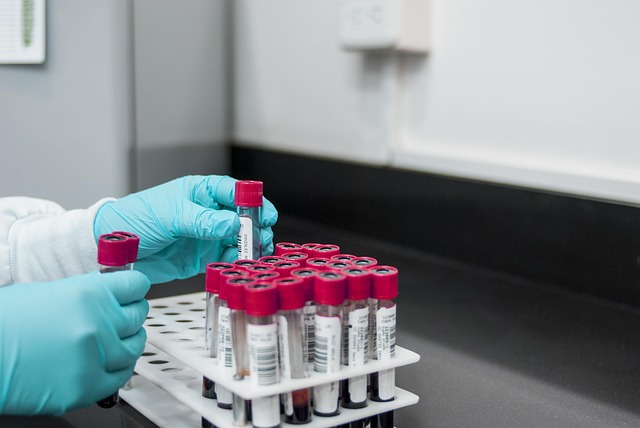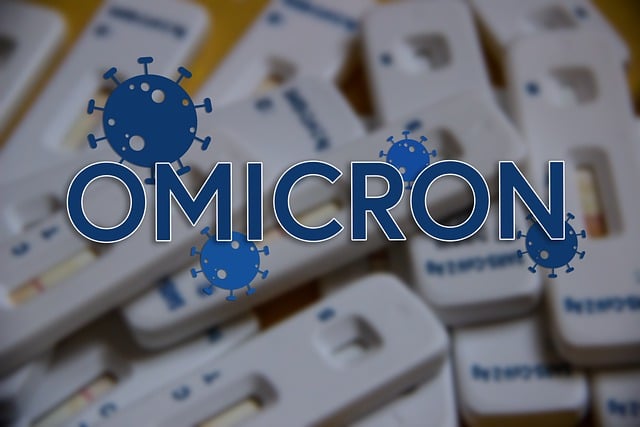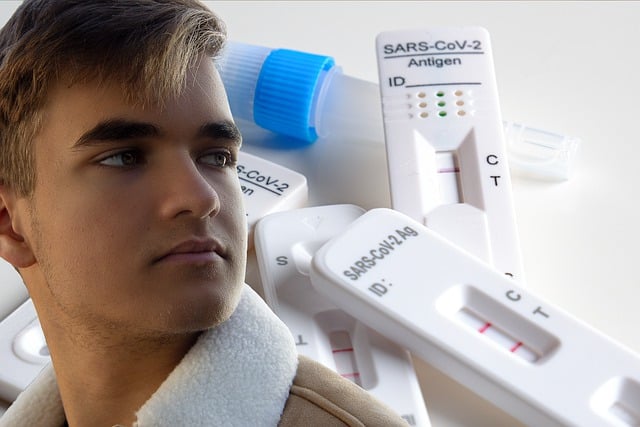Online blood testing for diabetes management in the UK utilizes Standard Liver Blood Tests (SLBTs) remotely, improving patient engagement and healthcare outcomes. Digital monitoring offers continuous data for informed decisions, benefiting individuals in remote areas or with limited mobility by enhancing convenience and comprehensive care. Despite challenges like adherence and data interpretation, digital tools hold promise for better diabetes control and liver health management.
Diabetes management has entered a new era with online blood tests and digital monitoring, offering UK patients convenient access to critical health insights. This article explores how these innovations, particularly the Standard Liver Blood Test (SLBT) UK, are transforming diabetic care. We weigh the benefits, such as enhanced accessibility and real-time data, against challenges like user adoption and data privacy concerns. By examining these aspects, we aim to provide a comprehensive view of digital monitoring’s role in improving diabetes management outcomes.
- Online Blood Testing for Diabetes Management: A UK Perspective
- Standard Liver Blood Test UK: Role in Diabetic Care
- Benefits and Challenges of Digital Monitoring for Diabetes Patients
Online Blood Testing for Diabetes Management: A UK Perspective

In the UK, online blood testing has emerged as a game-changer in diabetes management, offering patients a convenient and accessible way to monitor their health. This innovative approach allows individuals with diabetes to conduct standard liver blood tests at home, eliminating the need for frequent clinic visits. With just a small sample of blood, patients can now measure key markers such as glucose levels, cholesterol, and liver function indicators, all through user-friendly online platforms.
The availability of online blood testing services in the UK is particularly beneficial for managing chronic conditions like diabetes. It enables better patient engagement, empowers individuals to take an active role in their healthcare, and facilitates timely interventions. Moreover, digital monitoring tools provide continuous data, helping healthcare professionals make informed decisions and adjust treatment plans as needed. This shift towards remote testing, including standard liver blood tests, holds great promise for improving diabetes management and overall public health outcomes.
Standard Liver Blood Test UK: Role in Diabetic Care

The Standard Liver Blood Test (SLBT) plays a vital role in diabetes management, particularly in the UK healthcare system. This test is designed to assess liver function and detect any potential issues that may impact overall health, including those associated with diabetes. Given that people with diabetes are at a higher risk of developing liver complications due to various medications and metabolic changes, the SLBT emerges as a crucial tool for early detection and management.
In the UK, healthcare providers often incorporate the SLBT into routine diabetic care. This test provides valuable insights into liver health by measuring key enzymes and proteins. Abnormal results can indicate conditions such as fatty liver, inflammation, or more severe liver diseases. By identifying these issues promptly, healthcare professionals can implement appropriate interventions, thus improving diabetes management and preventing further complications.
Benefits and Challenges of Digital Monitoring for Diabetes Patients

Digital monitoring offers a revolutionary approach to diabetes management, providing patients with more control and accessibility in tracking their health. One of the key advantages is the ability to conduct regular Standard Liver Blood Tests (SLBTs) remotely, eliminating the need for frequent clinic visits. This method ensures consistent monitoring, allowing healthcare professionals to detect any potential issues early on. With user-friendly apps and devices, patients can conveniently test their blood glucose levels at home, reducing the hassle and anxiety often associated with traditional in-person tests.
However, challenges exist, particularly regarding patient adherence and data interpretation. Ensuring accurate results relies on patients’ commitment to regular testing routines. Moreover, healthcare providers must be skilled in analyzing digital data to make informed decisions, as patterns might differ from traditional SLBTs. Despite these hurdles, digital monitoring has the potential to improve diabetes care, especially for those in remote areas or with limited mobility, offering a more convenient and comprehensive management strategy.
The integration of online blood tests and digital monitoring offers a promising approach to diabetes management, providing UK patients with convenient access to their health data. While the Standard Liver Blood Test UK plays a vital role in diabetic care, digital tools bring benefits such as improved patient engagement and remote monitoring, addressing challenges like adherence issues. As these technologies evolve, personalized healthcare becomes more achievable, ultimately enhancing the quality of life for diabetes sufferers.
